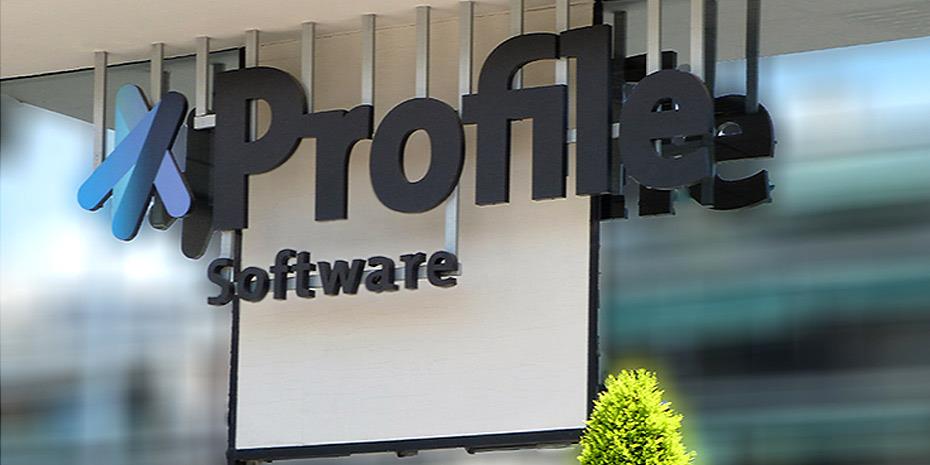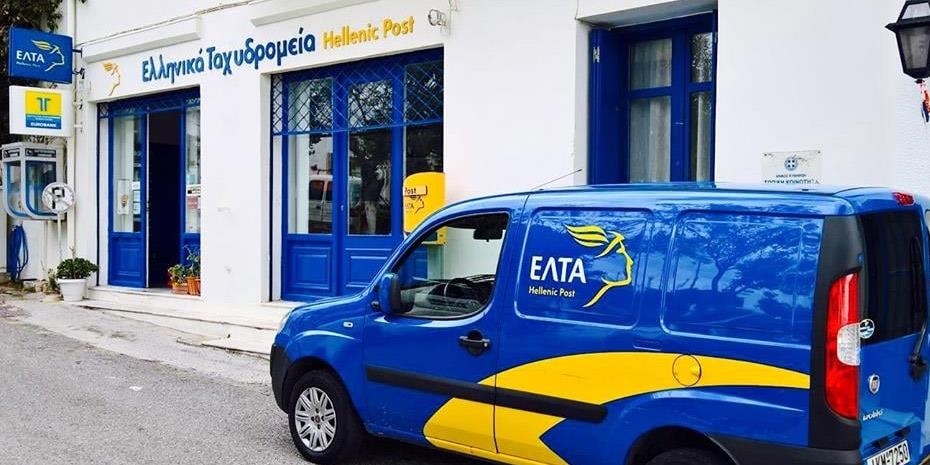The EU customs union, established in 1968, makes it easier for EU businesses to trade, harmonises customs duties on goods imported from outside the EU and helps protect Europe’s citizens, animals and the environment.
In practice, the customs union means that the customs authorities of the EU countries work together as if they were one authority. They apply the same tariffs to products imported into their territory from the rest of the world, and do not impose tariffs within it.
Summary of EU customs legislation
In the case of the EU, this means that no duties are paid when goods are transported from one EU country to another. Customs duties paid on goods imported into the EU account for around 14% of the EU’s total budget as part of its ‘traditional own resources’.
Customs procedures and rules for businesses
Customs controls at the EU’s external borders protect consumers from goods and products that may be dangerous or harmful to their health. They protect animals and the environment by combating the illegal trade in endangered species and preventing plant and animal diseases.
Customs authorities cooperate with the police and immigration services in the fight against organized crime and terrorism. They fight trafficking in people, drugs, arms and counterfeit/counterfeit products, and check whether the large sums of cash carried by travelers are the product of money laundering or tax evasion, or whether they are intended to finance criminal organisations.
EU customs services are also responsible for combating tax and customs fraud by businesses and individuals, which deprives national governments of significant revenue for public spending.
SOURCE https://european-union.europa.eu/priorities-and-actions/actions-topic/customs_el







